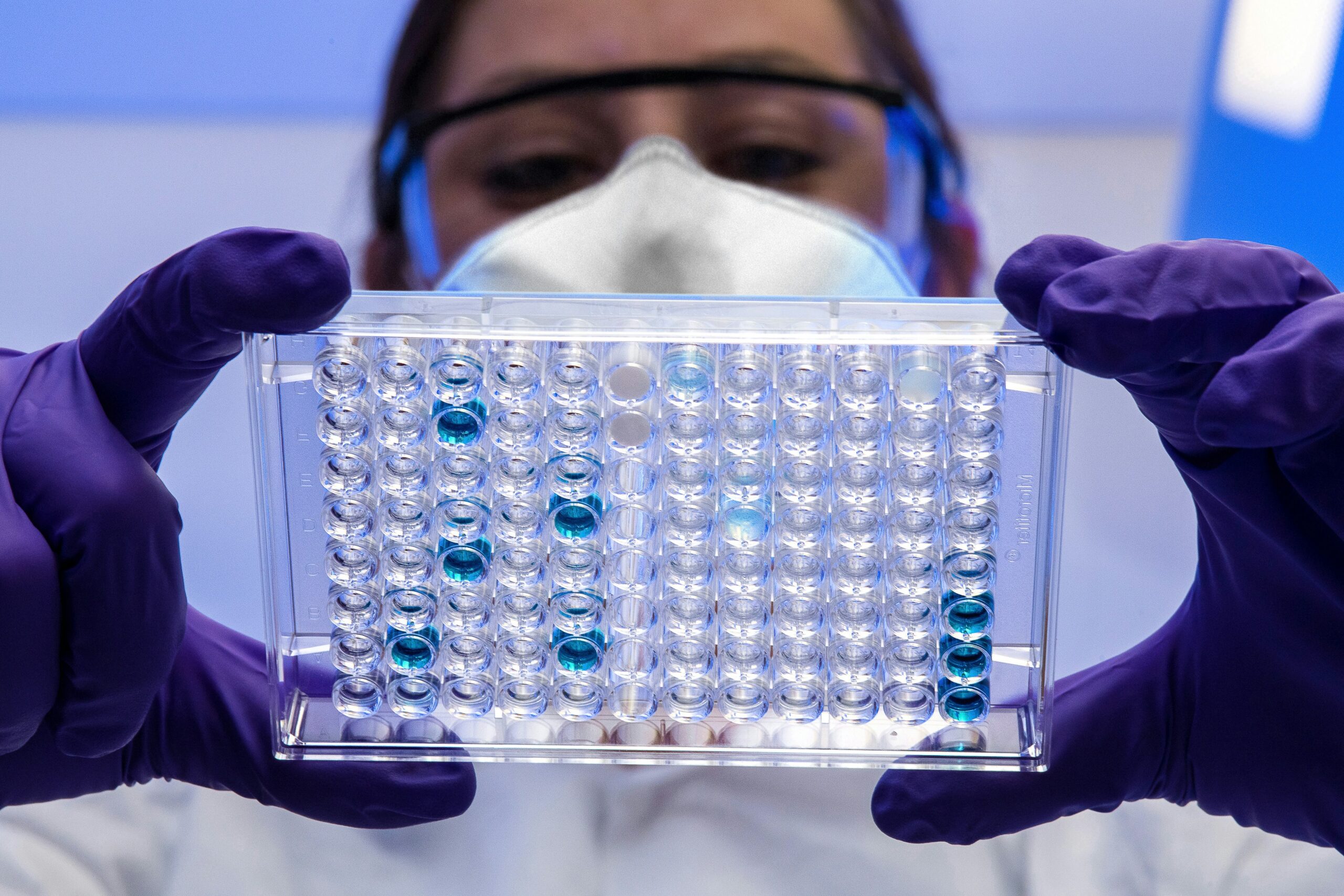
How to Maintain Security In Your Laboratory
As much as scientists need to prioritize innovation, they should also look at how well they protect their laboratory to ensure total security and avoid cross-contamination or leaks. But how can the average lab ensure security remains robust throughout? Here is some advice to help keep your virology laboratory and services secure.
Access Restrictions
The only people who should gain access to the lab are the people who are permitted to be there. So how do you stop unauthorized personnel from entering the lab and potentially messing things up?
The simplest solution is to establish keycard access that only permits those with the correct credentials to enter the lab. This can prevent the laboratory from becoming too crowded and also enhances overall security, as people who aren’t allowed to enter will not be able to enter.
Inventory Monitoring
You can also use inventory management tools to keep track of your inventory and ensure that everything that should be in the lab is where it should be. Using software is much more straightforward than counting individual pieces, especially as there’s always the risk of human error that could disrupt the process. Instead, you can use the software to track samples and other lab essentials or even order replacements when necessary through an automated system.
Regular Reporting
However, while automated inventory tracking is useful, you may still need to do some work yourself. One aspect includes regular reporting, which can include simple reports on what you’ve been doing but also any incidents that occurred within the lab. These reports allow you to track everything and make necessary changes to improve your processes or enhance security if necessary. Even if there have not been any issues, you still need to report regularly so you have a detailed record of your work.
Staff Training
Anyone who enters or works in the lab should have the correct training to ensure they do not make a mistake or accidentally affect your research. Vetting team members and even volunteers means you can avoid some of the common issues caused by untrained participants, such as accidental contamination.
Still, even well-trained scientists and participants can forget or make mistakes. To avoid this, offer retraining where necessary so they can keep your protocols fresh in their minds.
Secure Storage
Storing samples and other essentials is vital for all virology lab services, especially when working on sensitive projects. Therefore, you need to ensure secure storage that keeps all samples safe and free from contamination. There should be several protocols you must follow to ensure you do not accidentally affect the samples, while a lock-up process at the end of each day should help you develop a reliable routine that protects everything within the lab and leaves it ready for you to continue the next day.
Security
A secure laboratory will remain an efficient and well-run location. You can maintain the exceptional work you’ve done so far but also identify ways to improve even if you haven’t encountered any issues thus far. These tips can help you make the most of your security setup and guarantee a safer place to carry out research.






